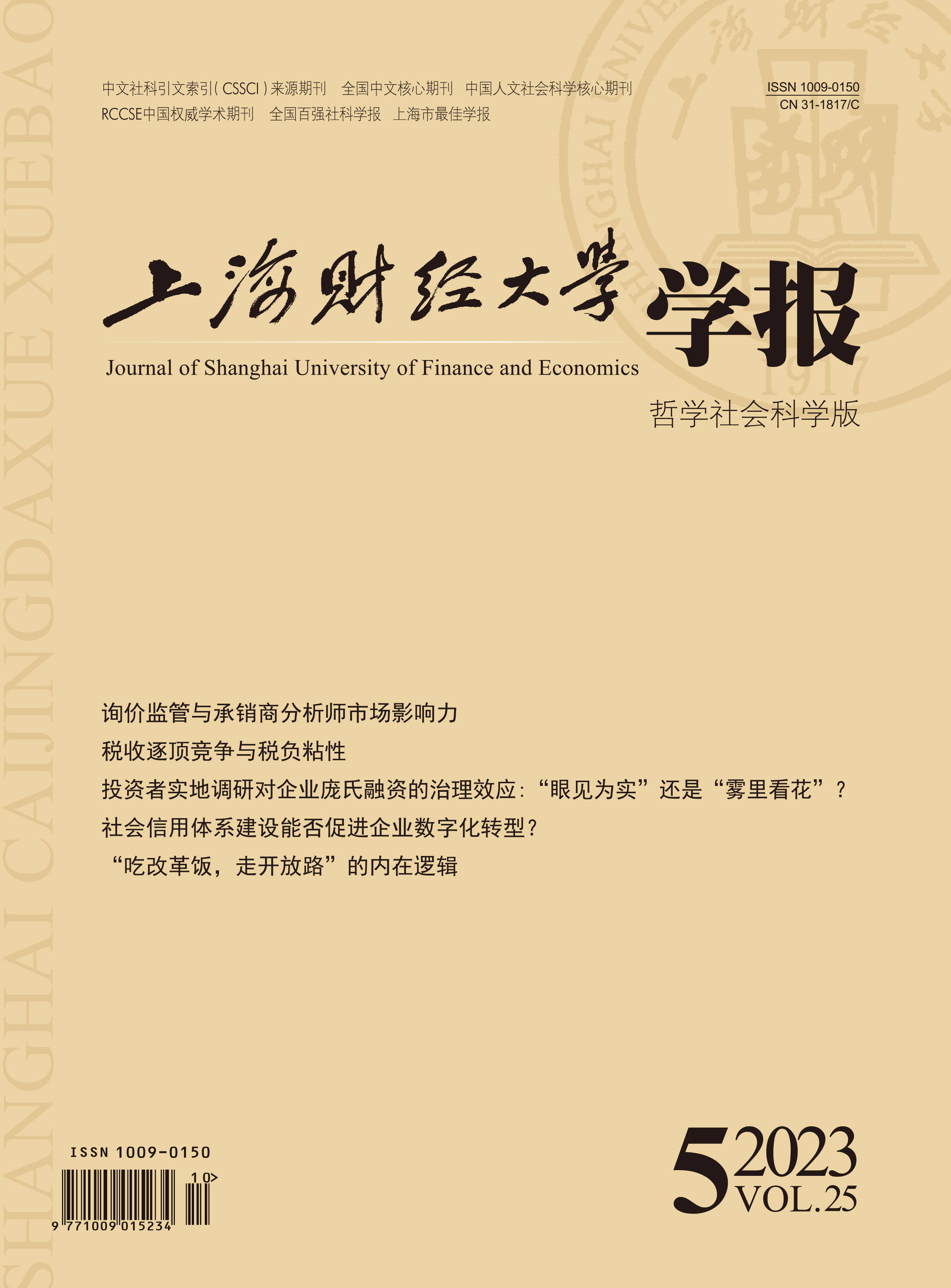With the rapid development of China’s capital market, securities trading activities are increasingly active. Insider trading, disclosure of insider information, and other illegal criminal activities are prone to occur. Although China’s crackdown on insider trading is becoming more and more severe, due to the huge profits of insider trading, administrative punishment cases remain high. Insider trading has always been the focus of attention in the academic and practical circles. The existing literature at home and abroad mainly focuses on the production, economic consequences and supervision of insider trading, lacking research on social relations from the perspective of the internal mechanism of inside information transmission. Considering that China is a typical relation-based society, this paper manually collects and sorts out 299 insider trading data from 2007 to 2017, and studies the net consequences and specific transmission mechanism of insider information in social relations. This paper finds the direct empirical evidence of social relation transmission information, and the information is transmitted to the capital market through the insider trading behavior of participants, which is shown as the impact on the stock return of listed companies. Especially, when the accuracy of analyst forecasts is lower and insider traders obtain information through more intimate social relations, the impact of insider trading behavior on the capital market is more significant. Further analysis shows that insider trading is more likely to occur in regions that rely more heavily on social relations, that is, those with a lower level of marketization. Relatively speaking, in more intimate social relations, insider information is transmitted faster, information recipients trust the insider information more, and investment strategies are more aggressive, which is manifested as a higher proportion of first-time transactions in their total transaction volume. Therefore, this paper attempts to open up the black box of insider information transmission. It provides direct empirical evidence for the theoretical judgment of social relation information transmission, enriches and expands the theoretical literature of social relations and information transmission, and provides policy reference for the precise prevention and effective supervision of insider trading by listed companies. At the same time, this paper reveals the root causes of insider trading from a more macro perspective, clarifies the leading role of the market in resource allocation, and provides a certain empirical basis for the policy formulation of improving the market and legal system level, as well as the improvement of the regulatory efficiency of insider trading.
 / Journals / Journal of Shanghai University of Finance and Economics
/ Journals / Journal of Shanghai University of Finance and EconomicsJournal of Shanghai University of Finance and Economics
LiuYuanchun, Editor-in-Chief
ZhengChunrong, Vice Executive Editor-in-Chief
GuoChanglin YanJinqiang WangWenbin WuWenfang, Vice Editor-in-Chief
Insider Trading, Social Relations, and Market Reaction: Empirical Research Based on Insider Trading Penalties
Journal of Shanghai University of Finance and Economics Vol. 25, Issue 05, pp. 16 - 31 (2023) DOI:10.16538/j.cnki.jsufe.2023.05.002
Summary
References
Summary
Cite this article
Lin Ziyi, Guan Feng, Liu Ding. Insider Trading, Social Relations, and Market Reaction: Empirical Research Based on Insider Trading Penalties[J]. Journal of Shanghai University of Finance and Economics, 2023, 25(5): 16-31.
Export Citations as:
For




 5175
5175  4679
4679

